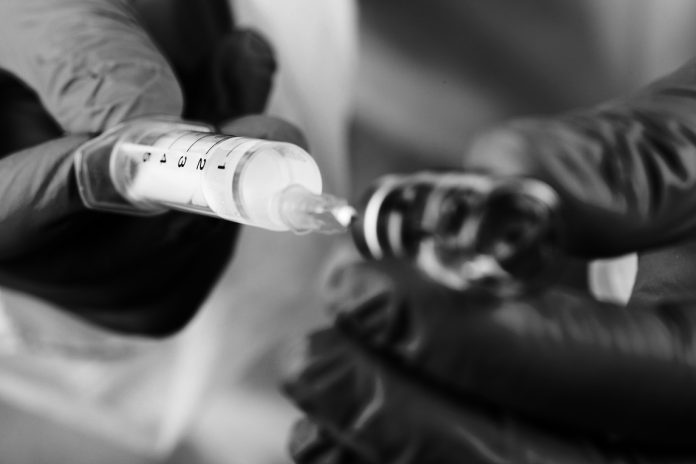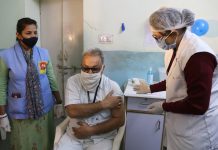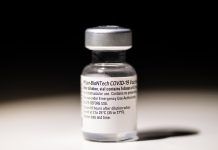The two drugs, tested across seven trials on 4,000 COVID patients, can protect the immune system from overloading and lessen chances of ventilation
While vaccines – turning pharmaceutical companies into global, household names – make mainstream news, existing drugs used for COVID patients remain mainly obscure. When people are hospitalised with COVID, they are transferred into the care of a careful cocktail of drugs. The human body is fighting an unknown entity with everything it has, which can lead to complications. This potential set of complications is especially pronounced in severe cases.
The World Health Organisation today (14 January) approved two drugs to be given to COVID patients. One is a full recommendation, while the other is just conditional.
1. Baricitinib
The first drug, baricitinib, is recommended for patients with severe COVID.
It is part of a class of drugs called Janus kinase (JAK) inhibitors that suppress the overstimulation of the immune system. WHO recommends that it is given with corticosteroids, as it is normally used in the treatment of rheumatoid arthritis.
The WHO found that this drug would improve survival, reducing the need for ventilation – it has been fully recommended.
2. Sotrovimab
The conditionally recommended drug is great for less severe cases of COVID, in patients who are at risk of hospitalisation. This includes patients who are older, immunocompromised, having underlying conditions like diabetes, hypertension, and obesity, and those unvaccinated.
It’s also known as a neutralising monoclonal antibody (nMAb). nMAbs are synthetic proteins that act like human antibodies in the immune system. They are made by cloning an antibody that can stick to the spike protein of the virus and neutralise it. They stick to the virus and stop it from getting into your lungs and causing an infection, so this treatment is often offered after a successful PCR result to the most vulnerable people.
So far, it seems to hold up against Omicron.














